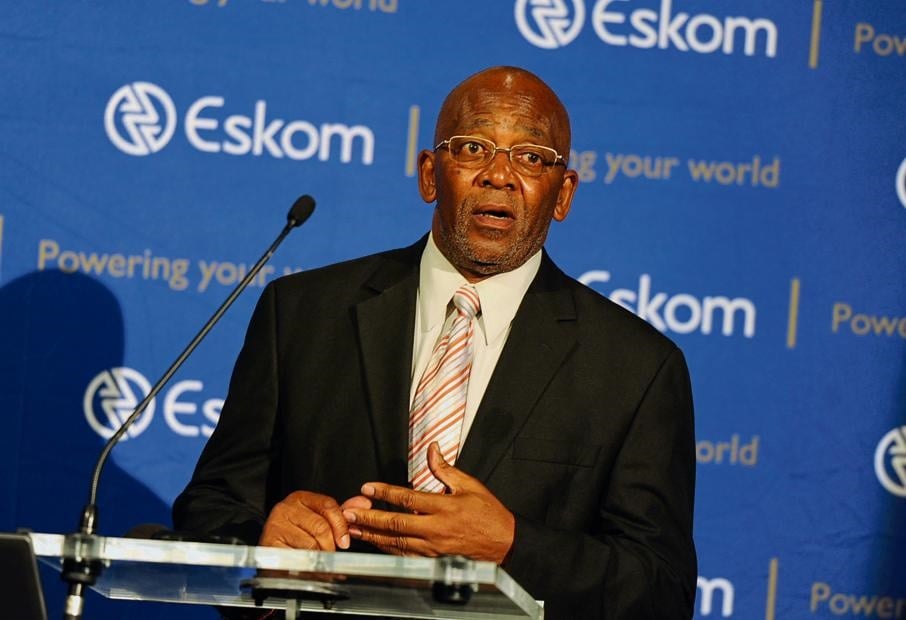
The dramatic slowdown in economic growth expected this year will give Eskom ample ammunition to claim even larger tariff hikes from the National Energy Regulator of SA (Nersa) in coming years.
The state-owned power utility spent the past week at public hearings defending its current request to recover an extra R22.8 billion from consumers.
This is from the so-called regulatory clearing account (RCA), which is the difference between Eskom’s actual income and the income it is allowed.
Eskom’s tariffs are theoretically constrained by the multiyear price determination (MYPD) system, which sets the average increase in tariffs it is allowed based on economic forecasts.
The current one, MYPD3, will run up to 2018, but in practice, Eskom is likely to seek upward revisions of the predetermined 8% every year.
Most of the extra money Eskom wants to recover through higher tariffs this year, totalling R11.7 billion, stems from electricity sales having fallen short of predictions.
This is a far bigger influence than the cost of diesel in the year, which blew the Nersa-approved budget by R8 billion.
The MYPD3 was based on estimates that Eskom’s power sales would grow in line with economic growth. Unfortunately, the MYPD3 used growth estimates far higher than what actually materialised.
For 2016, it assumed GDP growth of up to 3.9%, whereas the International Monetary Fund (IMF) this week projected the reality would be closer to 0.7%.
Eskom’s application for the R22.8 billion, which was lodged in November, estimated power sales would only grow by 0.9% per year over the whole MYPD3 period.
The MYPD was based on sales of 217 890 gigawatt-hours in local sales, including the cheaper power sold to aluminium smelters under old negotiated contracts.
In reality, Eskom sold only 205 990GWh.
Of the R11 billion being claimed because of low sales, R4 billion is related to dropping sales in the contentious negotiated aluminium-smelter contracts.
Most of the shortfall came from smelters and mines.
The discrepancy can only get worse, as economic growth is dangerously close to stopping altogether, with some major power-consuming heavy industries suffering the worst of it.
Back in October, the IMF predicted South Africa would have GDP growth of 1.3%. However, this figure went down to 0.7% earlier this month.
This estimate is not backed up by substantial analysis about which parts of the economy will stagnate more than anticipated, but a fair guess is that it is largely about commodity prices.
The IMF’s January projections have proven reasonably accurate in the past.
In January 2011, it estimated South Africa’s economic growth for that year at 3.4%. It turned out to be 3.5%.
In 2012, the IMF got the growth figure of 2.5% spot-on in January of that year.
Since then, however, the IMF’s projections have been overly optimistic for each year:
- In January 2013, it predicted 2.8%, but only 2.2% materialised.
- In January 2014, it predicted 2.8%, but the final tally was 1.5%
- Last year, the IMF predicted 2015 growth at 2.1%, but its early estimates say only 1.3% actually materialised.




 Publications
Publications
 Partners
Partners








